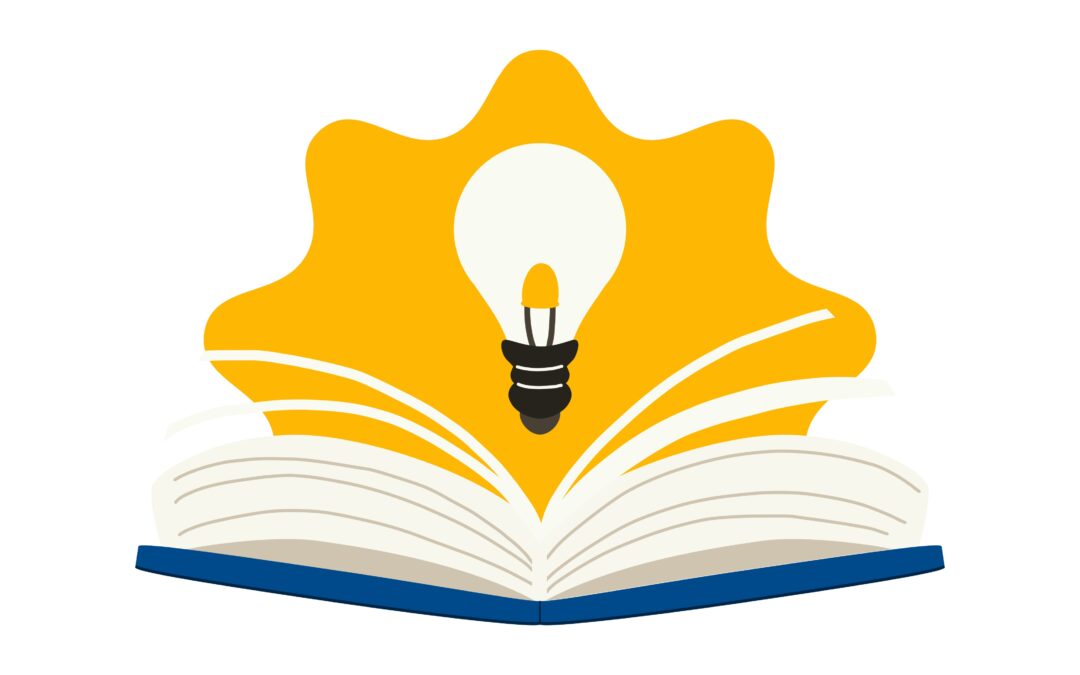What do grant writing, strategic planning, and impact reporting have in common?
- A. They are time-intensive but critical activities for any mission-driven organization.
- B. They work best by engaging stakeholders early and often.
- C. They benefit from an outside perspective.
- D. All of the above.
(You’ll find the answer at the end of this post.)
I’ve lately been reflecting on a puzzle I’ve observed in my work. When it comes to strategic planning, most organizations willingly bring on a consultant to walk stakeholders through the process of generating ideas, identifying actions, and reaching consensus on strategic goals.
When I’ve facilitated retreats, participants eagerly share their embryonic ideas and work together to clarify their thoughts. As a consultant, I first create an environment that welcomes messy, creative thinking from different vantage points.
But my work doesn’t stop there. I then coach participants to pull together the loose threads into a coherent vision, bringing salient ideas to the foreground.
Through the act of writing, the complexity of thought becomes crystallized: the many facets and dimensions are still there, but now organized into a form that others can see clearly and hold in their minds.
Writing gets different treatment
The process of institutional grant writing or reporting, at least on the surface, should be similar. Like strategic plans, they require generating a vision for the future, navigating complex stakeholder relationships, and articulating a clear and feasible plan of action.
Yet in my experience, few organizations approach these written documents like a strategic plan. If they engage an outsider, it is typically as a late-stage writer or editor, tasked with bringing their already-formed ideas to the written page.
Moreover, when it comes to the written word, I find that clients often hold their work too close, too long. There is a reluctance to share with an outsider the early drafts, the embryonic ideas. They write, and revise, and write again, waiting to have a “finished” draft to share. What typically ends the cycle is an external deadline, rather than a sense of being ready.
Here’s the thing: a gifted developmental editor—just like a facilitator—can be an invaluable collaborator in helping you clarify and elevate your ideas. Thanks to external perspective and experience, an editor can usually get to that point of “finished” far earlier than a team of insiders.
As Catherine E. De Vries writes in her excellent Substack on writing, Etched in Marble, “The longer we hoard our drafts, the more we deny the very feedback that could make them stronger.”
Bringing facilitation to the writing process
What would it look like if we treated the process of writing grants and reports more like strategic planning?
I’ve been thinking about this quite a lot, in part because I toggle back and forth between these different types of projects. What once felt like very different types of work now feels like two sides of the same coin.
Here are three things you can try now to bring a strategic planning process mentality to your other kinds of writing and reporting:
- Consider engaging a facilitator at the beginning of the process to guide your brainstorming sessions and project meetings. Even if you’re not able to engage a professional, you can designate someone to play that role by guiding discussion, summarizing ideas, and keeping folks on track.
- Be as willing to share messy written drafts—just as you would share ideas in a strategic planning brainstorming session or retreat.
- If budget is tight, get creative about who can serve as your facilitator or early editor. Consider a peer exchange with another organization, a skilled board member, or a retired professional who’s looking to stay engaged. The external perspective matters more than the credential.
Ultimately, the right editor will facilitate your thoughts on the page: she can elevate key ideas, structure your thoughts, and help you see what you couldn’t see alone.
Final thoughts
So, what do grant writing, strategic planning, and impact reporting have in common? D. All of the above. But more importantly, they all benefit from the same approach: welcoming outside perspectives early, embracing messiness as part of the creative process, and recognizing that facilitation—whether in person or on the page—is how great ideas become great work.
The next time you’re staring at a blank page or circling through revision after revision, ask yourself: “Who could help me think through this before I try to perfect it?“
Copyright 2023 Intellerate Consulting. All rights reserved.
